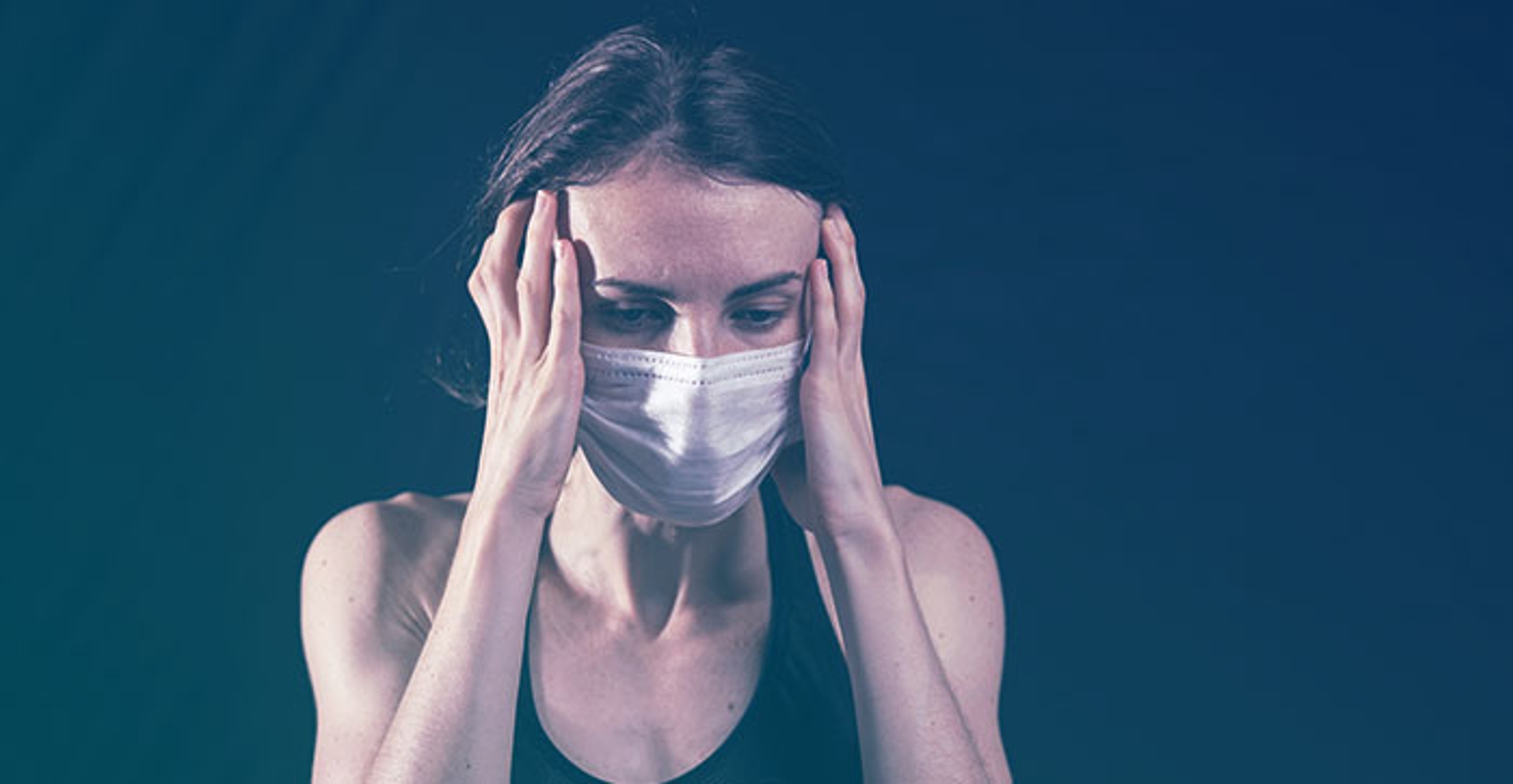13
Jan 2021
Coping with the stress of day to day living was hard enough before the coronavirus outbreak. It’s completely normal to feel elevated levels of stress while living through historic events. If you’re struggling with stress and anxiety living through this pandemic, you aren’t alone. According to the American Psychological Association's Stress in America 2020 Report, nearly 8 in 10 Americans say that the coronavirus pandemic is a significant source of stress in their life, and nearly 7 in 10 say they have experienced increased stress over the course of the pandemic.
Unmanaged stress can lead to changes in your behavior, physical and mental health, and can impact every aspect of your life negatively. Stress can lead to unhealthy eating habits, substance abuse, decreased physical activity, trouble sleeping, and a host of other unhealthy physical and mental side effects. These are all behaviors that are a direct result of not having in place the correct coping mechanisms to deal with an increase in stress. What works for some doesn't work for others, so it is important to find what works best for your individual circumstances.
Unmanaged stress can lead to changes in your behavior, physical and mental health, and can impact every aspect of your life negatively. Stress can lead to unhealthy eating habits, substance abuse, decreased physical activity, trouble sleeping, and a host of other unhealthy physical and mental side effects. These are all behaviors that are a direct result of not having in place the correct coping mechanisms to deal with an increase in stress. What works for some doesn't work for others, so it is important to find what works best for your individual circumstances.
Modify your behavior. If you are feeling stressed, it's very likely that some of your daily behaviors are directly contributing to your stress levels. Take note of your daily activities and your stress levels, and seek to find a correlation between your stress and some of your activities. For instance, if you find yourself checking the news frequently throughout the day and feeling stressed as a result, then it may be beneficial to put a limit on how often you check the news, as well as social media. As important as it is to stay informed, there is only so much information you can take in daily before it has a negative impact on your psyche. Set limits with yourself and stick to them. Social media and the news will still be there when you check it tomorrow.
Be mindful of what is going into your body, and your output. When we are stressed, it is easy to seek comfort from food, and our cravings don't usually match what we truly need when we are feeling stressed. Modify your diet to include foods that help you maintain your stress levels. Steer clear of processed and high sodium foods and ensure that you are getting a balanced diet of all the vitamins and nutrients your body needs to operate. Also ensure that you are getting up and moving around. Many of us are missing out on activities that would usually give us a sufficient amount of physical activity, and are finding it hard to stay active while isolating. You don't have to start an intense exercise regimen in order to see benefits. Even going for a socially distanced walk can make a huge difference in your overall wellbeing, as even 5 minutes spent in nature can help decrease blood pressure and anxiety. There are also many low impact exercises that can be done in the home, such as yoga or simple strength training exercises.
Reach out. It's okay to ask for help when you are struggling. Stress can be hard to manage on your own, and you may benefit from seeking therapy if you haven't already. The rise in popularity of telehealth during the pandemic has made therapy more accessible than ever. Many therapists even offer sliding scale payments to help offset the cost of treatment. In addition to therapy, be sure to reach out to friends and family. The value of social interaction and support when we are feeling isolated is immeasurable, and odds are, your loved ones will benefit from more social interaction as well.
If you or someone you know is feeling suicidal, reach out to the National Suicide Prevention Helpline 800-273-8255. Help is available to you 24/7, and there is hope.
Be gentle with yourself. Check-in often and make sure that you are meeting your own needs. You may even benefit from journaling right now, or using some other means to track your emotional state. It's important to remember that we are all going through a lot right now, and we need to be kind to each other, and to ourselves. You may not be thriving, but you are surviving, and that is an accomplishment in and of itself.
It is necessary to have perspective and remember that stress is a part of life, and it can be managed with practice. Focus on developing tools to cope that will assist you through all stages of life, and not just while living through a pandemic. Even in tough times, a better life is possible.







